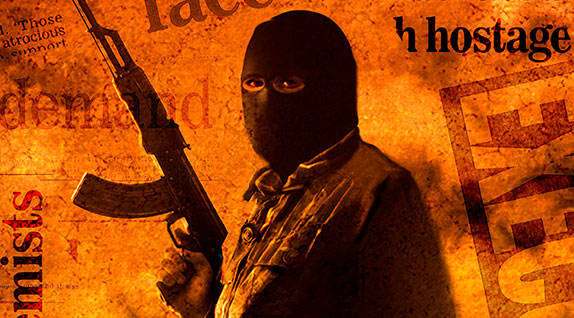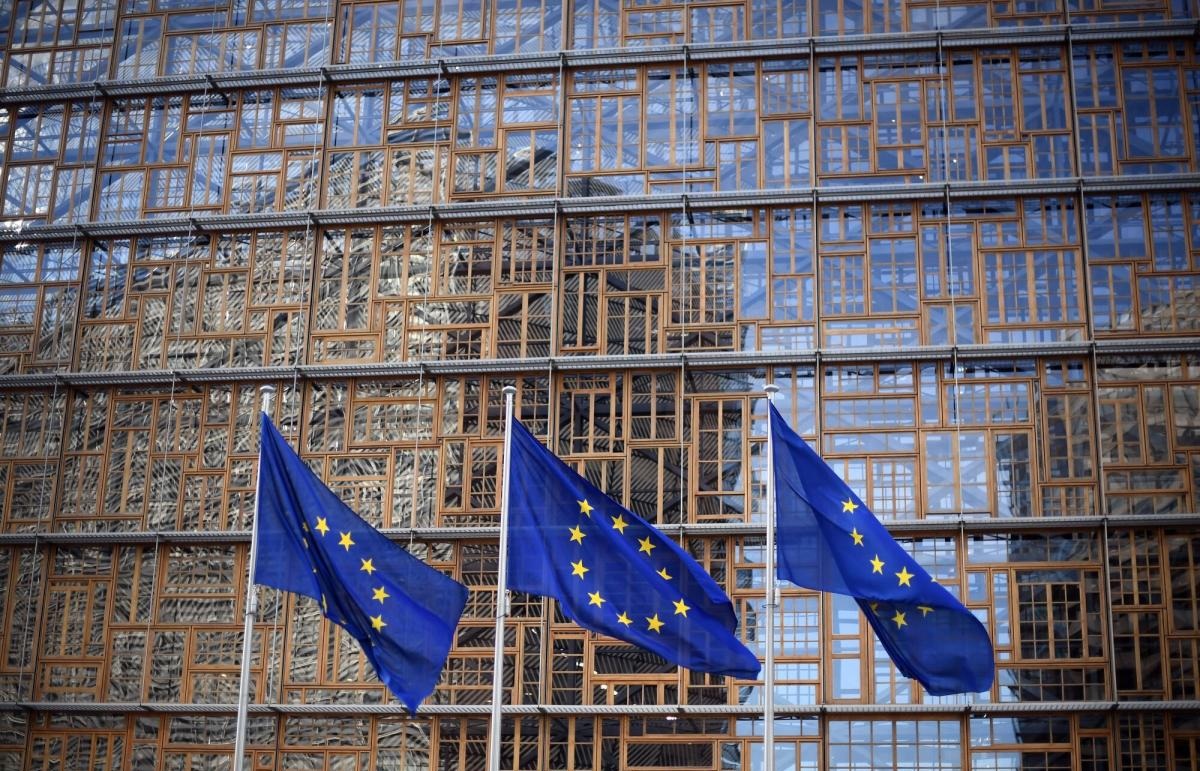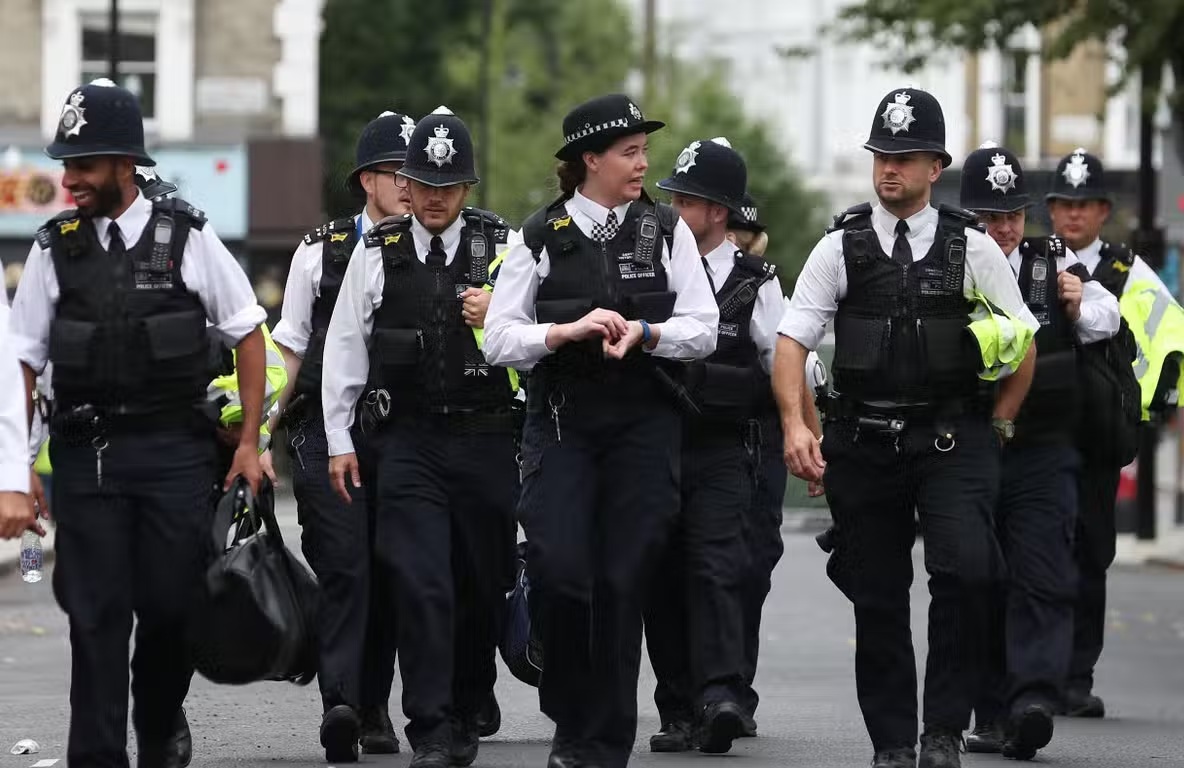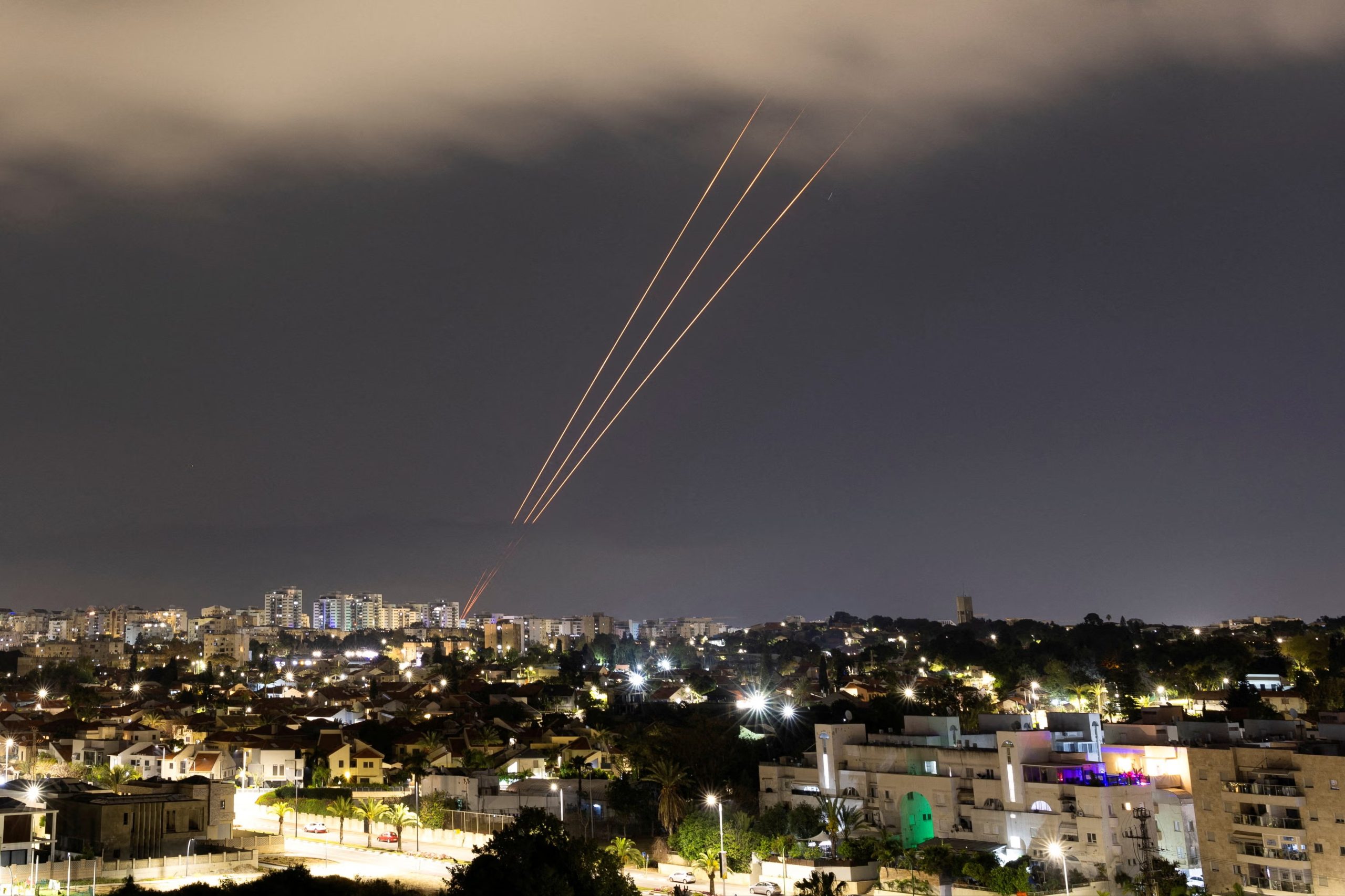European Centre for Counterterrorism and Intelligence Studies-Germany and Netherlands
By Phil Gurski
Once you think you have a handle on where terrorism is going, it throws you for a loop.
We have been living in a post 9/11 world now for almost two decades. The events of that fateful day led to two military invasions by the US and its allies in the name of ‘fighting terrorism’ as well as actions by other nations in the same vein. We have all learned more than we probably wanted to about concepts such as jihad, martyrdom and suicide bombing.
It has been generally accepted that a particular brand of terrorism, what we call Islamist violent extremism, has dominated the headlines and our attention over the past twenty years. Groups have arisen other than the one that carried out those attacks in New York and Washington, i.e. Al Qaeda (AQ). Some of these include Al Shabaab in Somalia, Boko Haram in Nigeria and, of course, Islamic State (ISIS), perhaps the worst of them all. These together have carried out thousands of attacks and killed tens of thousands of people in dozens of nations.
It was not always this way, however. Terrorism did not burst forth into our world on September 11, 2001: it has been around, at least in its modern form, since the mid-1800s. The current dominant strain is the fourth such ‘wave’ of terrorism as described by US academic David Rapoport. Like other waves it will most likely not last forever. But it is premature to write its obituary.
Of late we have been hearing a lot about far right terrorism
Recent events in the US and Western Europe have introduced us to groups such as the Boogaloo Bois (who are seeking to foment a second US civil war) and the German Nordadler (‘northern eagles’) as well as a litany of white supremacist and neo-Nazi organisations. ‘Experts’ have weighed in to say that security services have focused far too much on jihadis and need to retool to investigate these other actors who, they claim, pose a much greater threat.
Poppycock. The jihadist threat has neither disappeared nor even diminished in strength around the world and in the West, and that includes Canada. Recent reporting supports the position that we are nowhere close to being able to shift our gaze from Islamist terrorists to far right ones, abandoning the former and dashing full speed ahead on the latter. To wit:
- 119 terrorist attacks were foiled, failed or completed in 2019 in 13 EU countries,resulting in 27 people being wounded, 26 of them by ISIS. Of the ten people killed all but one were by ISIS-inspired terrorists;
- Twenty-five terror plots have been foiled in the UK since the Westminster attack in 2017, the vast majority of which were Islamist extremist in nature;
- Afghanistan, Iraq, Somalia and Nigeria suffer terrorist attacks weekly, if not daily, all perpetrated by Islamist terrorists.
Small far right desk
When I worked at CSIS, the overwhelming majority of counter terrorism investigations were centred on Canadian Islamist extremists, some of whom plotted acts of terrorism here (e.g. the Toronto 18) while others went abroad to join terrorist groups (e.g. Ottawa’s John Maguire) or executed plots in far away lands (Xristos Katsiroubas and Ali Medlej in Algeria in 2013). There was a small far right desk but frankly there was little to look at.
I would imagine that has changed. Alexandre Bissonnette, who shot up a Quebec City mosque in 2017, was an example of a far right extremist, even if he pleaded guilty to murder/attempted murder and not terrorism. If you add in the two ‘incel’ killings in recent years as terrorist deeds – I for one do not but I will concede the point to make one – it is clear that yes Canada does have a violent far right problem.
The added difficulty in all this is that terrorism has become complicated. Not that it was ever ‘simple’ but we now need our security intelligence and law enforcement agencies to look at multiple actors across multiple ideologies all at the same time. This requires money and resources, both of which may soon be in short supply after the COVID-19 bills come in.
When you hear someone say that terrorism has ‘changed’ and that we have to change with it be skeptical. Nothing really has changed over 150 years with the sole exception of technology. Targets are still overwhelmingly defenceless civilians, terrorists are motivated by grievances, our decisions sometimes make matters worse, and ideologies appear to wane only to wax again.
Terrorism is here to stay as a violent tactic. Jihadis are not about to fade into the background. Far right actors will continue to be active. We may see the return – yes, the return, not the rise – of far left terrorism. What was old is new again.
I wish it were otherwise.




